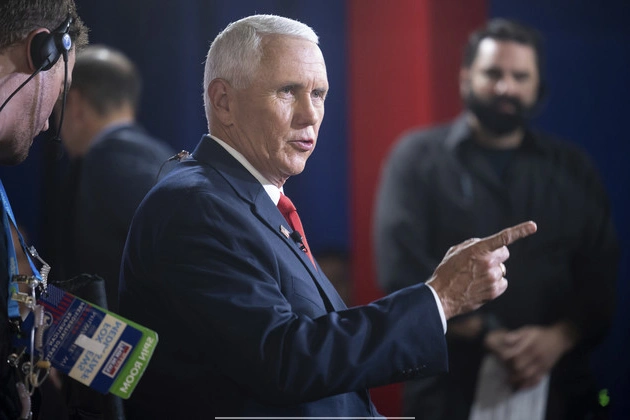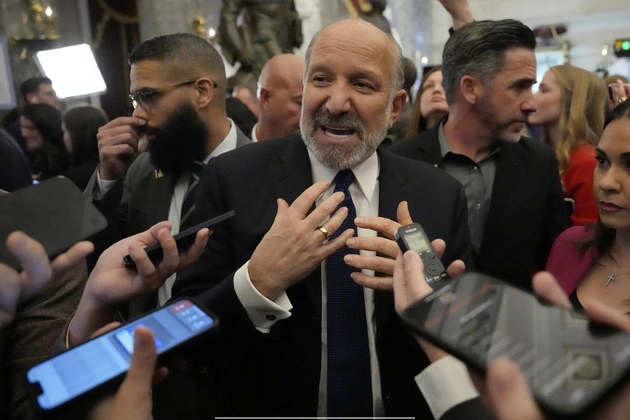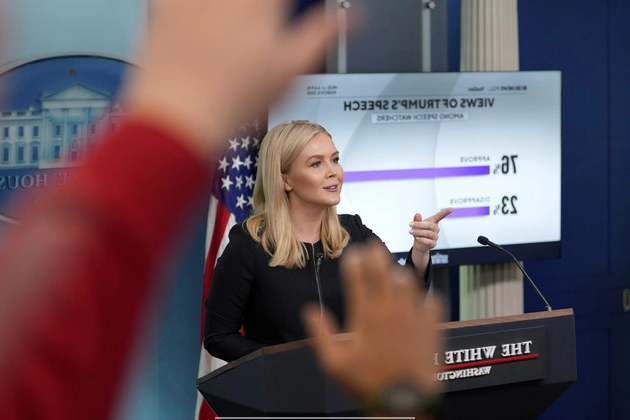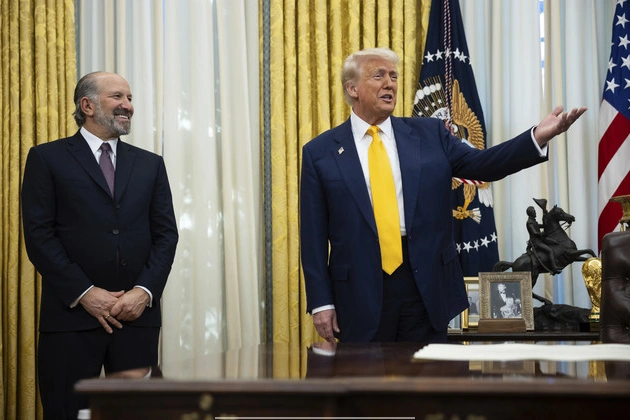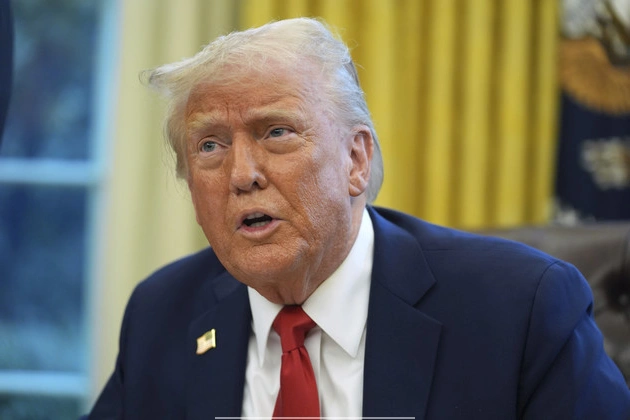
President Donald Trump made headlines by reaching agreements with Mexico and Canada that will delay his threatened tariffs. This move has significant implications for global markets and businesses.
Agreements and Delays
Trump confirmed the one-month delays in posts on Truth Social. Mexico agreed to send 10,000 soldiers to the U.S.-Mexico border, while Canada promised actions to address fentanyl concerns.
Strategic Conversations
These pauses followed discussions with Mexican President Claudia Sheinbaum and Canadian Prime Minister Justin Trudeau. This came after Trump signed executive orders imposing tariffs on Mexico, Canada, and China.
Supply Chain Stability
The agreements aim to maintain stable supply chains that have developed over decades. The U.S. has had a free trade agreement with Canada and Mexico since 1994.
Further Negotiations
High-level representatives from the U.S. are set to meet with Mexican officials during the pause for additional negotiations. Trump expressed optimism about achieving a favorable deal.
Security and Commitments
Mexico and Canada detailed commitments to enhance border security and combat drug trafficking. Trudeau outlined new measures to tackle organized crime and fentanyl trafficking.
Market Responses
Financial markets reacted to the tariff threats, with fluctuations in response to the executive orders. Canada prepared retaliatory tariffs before the delays were announced.
Future Implications
The upcoming review of the USMCA agreement may be influenced by these recent developments. Negotiations are expected to continue with a focus on security, migration, and trade.
Trump’s strategic decisions regarding tariffs and trade agreements have far-reaching consequences. Stay updated on the evolving discussions for insights into future economic policies.







